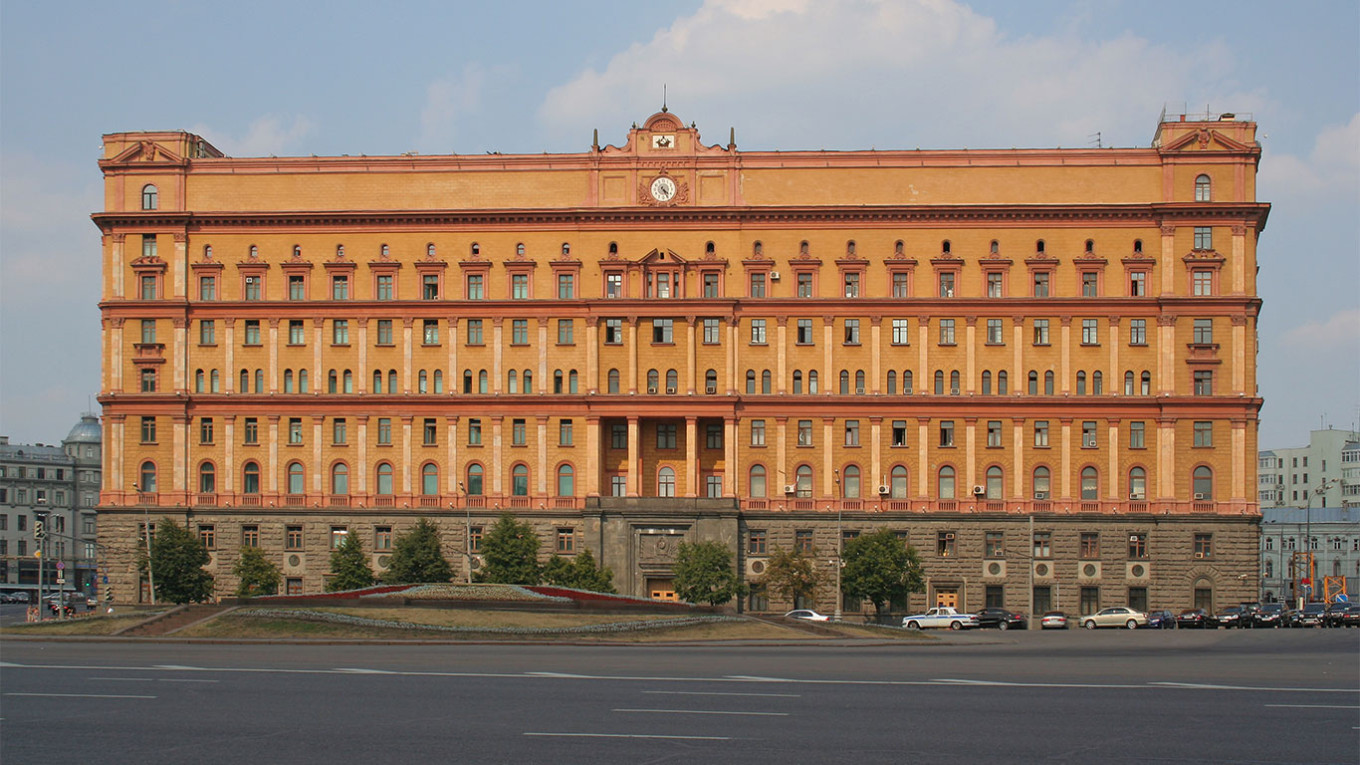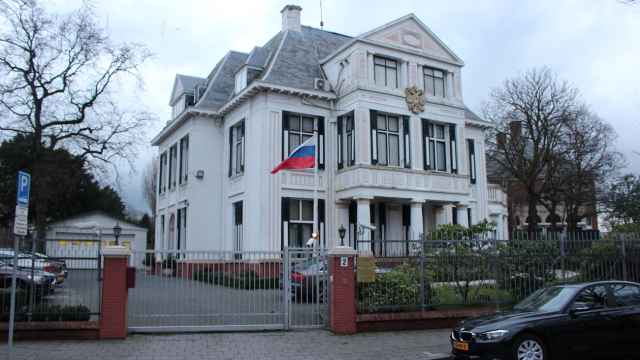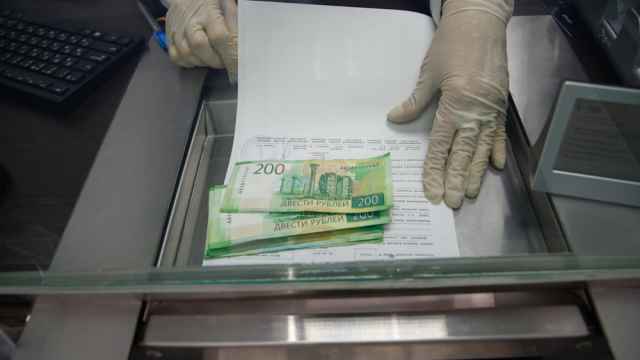A Russia-registered firm has smuggled nearly $1 million worth of sensitive technology from the European Union into the country since the invasion of Ukraine despite its links to Russian intelligence agencies, the Financial Times reported Wednesday.
Russia has increasingly relied on so-called “gray” supply chains to source components that are critical to its war effort in Ukraine.
The United States said some of the smuggled tech detailed in FT’s investigation could be used to develop hypersonic weapons.
The report identifies Trading House Treydtuls as the buyer of 22 tons of equipment including machine tools from Germany last year at a cost of $554,000.
According to cited customs records, Treydtuls sourced $3,700 in export-restricted reinforced grinding and cutting disks from a company in Finland.
Treydtuls is reportedly owned by Alexei Zibyrov, the same person who controls part of a Russian spy network that the U.S. accuses of acting on behalf of Russian intelligence services.
The U.S. Department of Justice said the network, dubbed “Serniya,” acts at the direction of clients including Russia’s Federal Security Service (FSB), Foreign Intelligence Service (SVR) and Defense Ministry.
The Justice Department in December indicted five Russian nationals and two Americans for routing millions of dollars worth of U.S. military technology and ammunition through dozens of front corporations as part of Serniya.
The European companies did not appear to be aware that they had sold equipment to the Russian intelligence-linked firm detailed in the FT’s investigation.
Treydtuls’ continued ability to operate in Europe highlights the challenges Western governments face in seeking to cut off flows of critical tech supplies to Russia as it wages war.
FT’s investigation also said that Treydtuls bought $253,000 worth of U.S.- and German-made integrated circuit boards from a small company in Singapore.
“Even before the Russian aggression in Ukraine, their modus operandi was to smuggle goods and try to find people willing to move these goods over the border,” Erki Kodar, Estonia's minister with responsibility for sanctions, told FT.
“Our security services have tracked this for the past 10 to 15 years. It has been intensifying,” Kodak said.
A Message from The Moscow Times:
Dear readers,
We are facing unprecedented challenges. Russia's Prosecutor General's Office has designated The Moscow Times as an "undesirable" organization, criminalizing our work and putting our staff at risk of prosecution. This follows our earlier unjust labeling as a "foreign agent."
These actions are direct attempts to silence independent journalism in Russia. The authorities claim our work "discredits the decisions of the Russian leadership." We see things differently: we strive to provide accurate, unbiased reporting on Russia.
We, the journalists of The Moscow Times, refuse to be silenced. But to continue our work, we need your help.
Your support, no matter how small, makes a world of difference. If you can, please support us monthly starting from just $2. It's quick to set up, and every contribution makes a significant impact.
By supporting The Moscow Times, you're defending open, independent journalism in the face of repression. Thank you for standing with us.
Remind me later.






